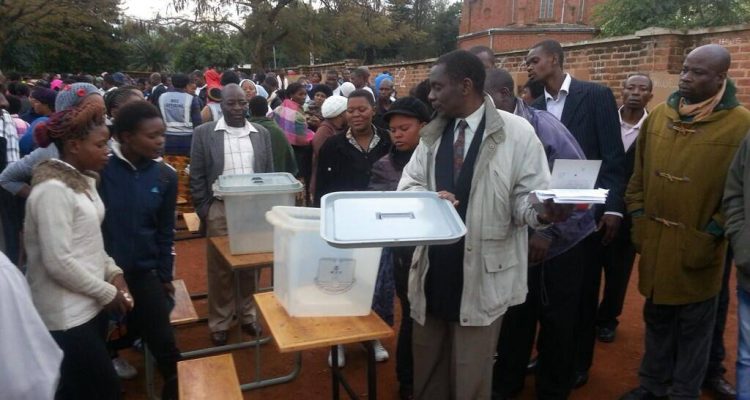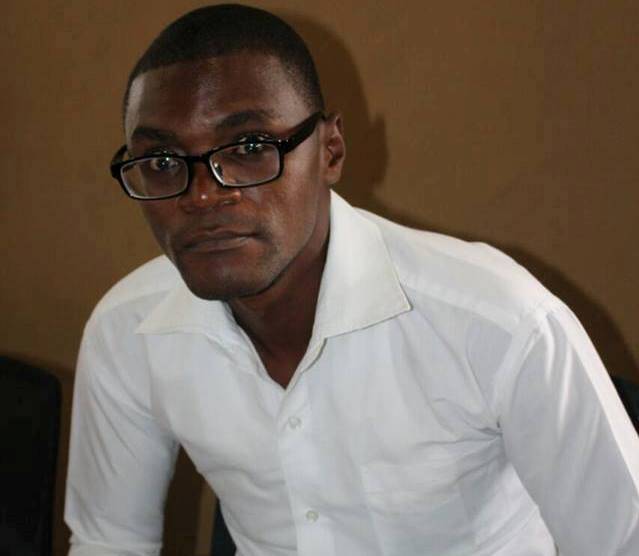
Malawi goes to the polls in two years’ time but as the country is monitoring elections in countries around the continent, an analyst believes the 2019 elections will rate the country’s democracy.
Tight races and springs of surprises have not just crippled the elections, but have also been a key highlight in the elections.
For example in Ghana’s 2016 polls, opposition leader Nana Akufo-Addo won over rival John Mahama whom he had lost to in the 2012 elections.
In the 2017 Kenya elections, Uhuru Kenyata was reelected president after beating opposition leader Raila Odinga.
It is also imperative to note that in all these elections, there have been worries of rigging.
In Kenya for example, Odinga’s supporters felt Kenyatta was frustrating the process to rig the polls.
In the Ivory Coast elections in 2015, a poll which Allasane Outarra won with about 83%, three opposition leaders announced they were dropping out of the race in the belief that there was rigging in the elections.
In Malawi in 2014 the opposition Democratic Progressive Party (DPP) defeated the People’s Party (PP) in the elections.
Just like in these other nations, fears of rigging have come with the opposition saying the ongoing National Registration Exercise is meant to rig the polls in 2019.
But what effect do the ongoing trends of elections in the other nations have on Malawi?, Political commentator Wonderful Mkutche said the next elections pose a stiff litmus test for Malawi’s electoral democracy.

He told Malawi24 that Malawi will have to portray its maturity in the next elections.
“Elections in Malawi have mostly been smooth, and once, an opposition party defeated the ruling party. Two months ago, opposition Malawi Congress Party (MCP) was said to be leading. It tells a lot about our democracy that it is moving towards maturity and the 2019 general elections will be a litmus test on where we are with our electoral democracy,” Mkhutche told this reporter.
According to Mkhutche, while matters of rigging remain more or else a myth in most nations, the onus lie on the Malawi Electoral Commission (MEC) as well as government to be transparent by involving all stakeholders in the process saying elections are not only a matter of happenings during the poll day but even in the run-up to the elections.
He said: “Dubious appointments should be avoided, and at every stage, all stakeholders need to agree to propositions and decisions. As a long term solution, we need to reduce powers the President has over appointments and decision making in the electoral process to avoid any political interference.’’
In the previous elections in 2014, former President Joyce Banda of the People’s Party (PP) who lost to DPP’s Peter Mutharika told the media that the polls were marred by what she termed as serious irregularities and rigging as well as hacking of miscellaneous computer systems that were used in the elections.
She said among other things, some people voted more than once while some monitors had their communication devices tampered with.
Mutharika had however quashed reports his DPP rigged the poll which he won.
This also comes at a time when there are calls for the implementation of electoral reforms which include the highly anticipated 50+1 threshold of national vote.
Malawi will head to the ballot in 2019 to vote for Ward Councilors, Members of Parliament (MPs) and a President.















Amapanga zitukuko mokondera malo , kodi ndiye m’mati democracy ku Malawi malo ena chitukuko chimakhala cha campaign kwina coona;
Dirt Games alaaaaaaaaaaa!
Ziliko bwaa.
Zitsilu ndinu ovota
Never. Our electoral laws are very porus. There is no enough time to deal with complaints arise during the process for example. Rushing to announce the winner without dealing with some concerns. Being poor is a big challenge to not accept bribes in any means.
Since democracy came, the most accepted results were that of Bingu’s 2nd term of 2009. In 2019, İ can see the worst.
How many tests shall malawi have for democracy I thought this cud be a lesson to us already that we nid maturity and vote wisely come 2019 cos politicians have proven untrustworthy
Atest for democracy,wat does that mean? Cuz we tested democracy in 1994 wen ppl voted multiparty and leav kamuzu banda and his party,so how could it be the test for demo hence we are enjoying with lif in democracy now.other ppl has invalid reasons.
They hack mec computer line and change the results,where is democracy in election?
Malawian politicians are always busy with the next election…you wished that they would spend some more time with governing the country than going on election rally!!
It’s every where Maaaaaan
Ineyo ndidziwila pamenepa kuti kodi amalawi ali ndi vuto kapena ayi m’masankhidwe ndipo zabwino amazifuna kapena samazifuna,? nanga akugwilizana ndi izi kapena akudana nazo? Kodi akufuna dziko lino litukuke kapena zisakhale choncho?
We want the electoral reforms bill to pass first.